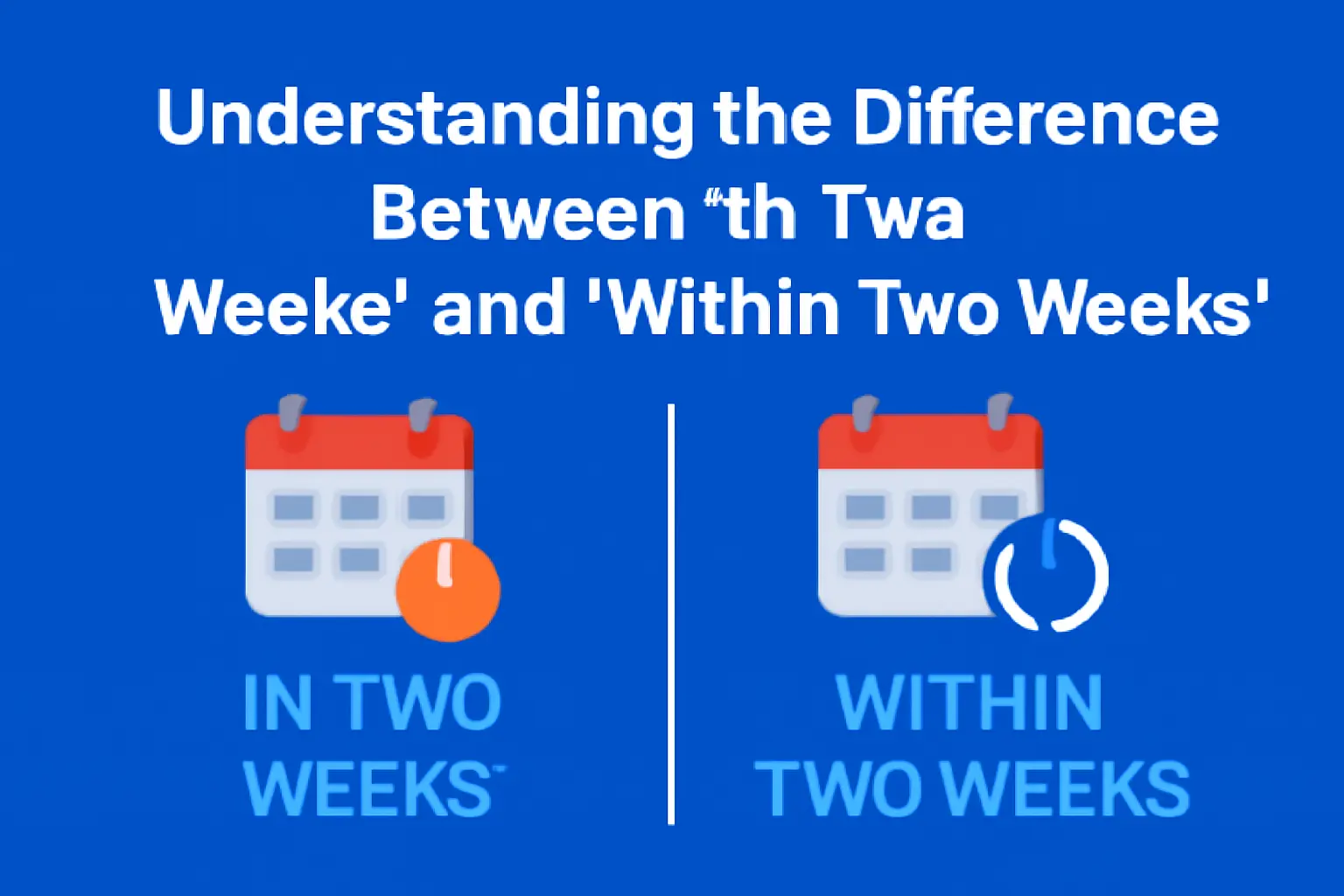The English language is full of diverse and unique words that, upon closer examination, reveal fascinating stories about their meanings, origins, and usage. "Antsily" is one of them. While it may be an unfamiliar word, "antsily" has a unique meaning and a rich etymological history that tells us much about how the language has evolved. In this article, we'll explore the meaning of "antsily," its origin, how it's used in sentences, its cultural and linguistic context, and provide examples and synonyms. By the time you finish reading this article, you'll have a deeper understanding of this fascinating word.
Antsily Meaning and Definition
"Antsy" is an adverb that describes an action or state characterised by restless, fidgety movements. It often expresses discomfort or impatience, such as small, rapid, or repetitive movements due to anxiety, excitement, or boredom.
The word "antsily" creates a vivid image, evoking the image of constantly moving ants. A person behaving "antsy" may restlessly move their limbs or other body parts, indicating inner restlessness or nervousness. This behaviour is common in various situations, from waiting for an essential event to feeling anxious in social situations.
Example Usage:
She couldn't sit still and paced restlessly around the room while waiting for the interview.
During the presentation, his fingers restlessly tapped on the desk, making it clear that he was nervous.
Etymology and Origin of Antsily
The word "antsily" is believed to be a derivative of the word "antsy," which comes from the image of ants. The word "antsy" has been used since the early 20th century and means restless or unable to sit still. The exact origins of "antsy" are unclear, but it is thought to be inspired by the erratic movements of ants, which are known for their apparent restlessness as they run about.
The change from "antsy" to "antsily" follows a natural linguistic pattern: an adjective or noun becoming an adverb. In this case, "antsy" became "antsily" to express a state of restlessness or nervousness. In English, the suffix "-ly" is often used to turn adjectives into adverbs, so "antsily" is the adverbial form of "antsy."
Historical Context:
The term "antsy" may be influenced by older expressions like "ants in the pants," which describe restlessness or the inability to sit still. Over time, this expression evolved into the more formal "antsy," with "antsily" being the natural form of the adverb.
How to Use Antsily in a Sentence
Here are some guidelines for incorporating "antsily" into your writing or speeches.:
Describe Movement or Behavior: "Antsily" is often used to describe physical movements such as fidgeting, pacing, or tapping..
Example: He paced restlessly from one foot to the other during his long lecture..
Indicate Discomfort or Restlessness: This word often conveys an emotional or mental state, especially when someone feels anxious, impatient, or uncomfortable.
Example: She looked nervously around the room, examining each person.
Convey a Sense of Nervous Energy: "Antsily" can be used to show that a person's behaviour is driven by tension or anticipation.
Example: He waited anxiously for the results to be announced, unable to concentrate on anything else.
Cultural and Linguistic Context of Antsily
The word "antsily" is primarily used in English-speaking countries, especially in informal contexts. It is used more frequently in everyday conversation than formal writing and often has a humorous and colloquial undertone. The word appeals to a broader cultural understanding of restlessness and impatience, emotions universally experienced by people of different cultures and backgrounds.
In English, the word "antsily" is often associated with our modern, hectic lifestyles, where fast-paced environments and high expectations can lead to anxiety and restlessness. It reflects the constant state of change that characterises much of contemporary life.
Interestingly, "antsy" is a uniquely expressive word in English because it has no exact synonym in many other languages. The concept it describes—a subtle, almost unconscious restlessness or agitation—can be described in other cultures using different idioms and phrases, but no word captures it as well as "antsy."
The Role of Body Language
In many cultures, body language plays a key role in communicating emotions, and the expression "fidgeting" directly reflects this nonverbal communication. Although fidgety people don't always verbalise their anxiety, their fidgeting communicates anxiety to those around them. In some cultures, fidgeting or shifting is a polite gesture that helps people focus and pay attention. In contrast, it may be regarded as disrespectful or impolite in other cultures.
Examples and Synonyms of Antsily
Like any other word, "antsily" has a variety of synonyms and related words that can convey a similar meaning depending on the context. Let me give you some examples.:
Restlessly: Describes an inability to relax or calm down.
Example: She waited anxiously for her turn to speak.
Fidgetily: It refers to movements or behaviours characterised by nervousness or agitation.
Example: He shifted restlessly in his seat during the long meeting.
Nervously: Describes behaviour influenced by nervous energy or anxiety..
Example: The boy looked anxiously around the room, not knowing what to expect..
Impatiently: It is used to describe someone who cannot wait calmly.
Example: He tapped his foot impatiently as he waited for the bus to arrive.
Uneasily: It refers to feeling uncomfortable or disturbed.
Example: She remained restless, not knowing whether to join the conversation.
Common Usage in Sentences:
She nervously tapped her feet under the table while waiting for her friend to arrive.
He looked around restlessly, not knowing where to look in the crowded room.
Conclusion
"Antsily" is a fascinating word that captures the feeling of restlessness and anxiety in a single, expressive adverb. From its origins linked to the image of ants to its modern use to describe a sense of impatience and nervous energy, the word is imbued with deep movement and emotion. Understanding the cultural and linguistic context of "antsily" shows how language adapts to the human experience, expressing complex emotions succinctly. In writing and conversation, "antsily" can help more vividly depict subtle yet striking body language and emotions.





